Publications

Journal Article
Global analysis reveals persistent shortfalls and regional differences in availability of foods needed for health

Report
Strategic modeling for future agriculture in Asia
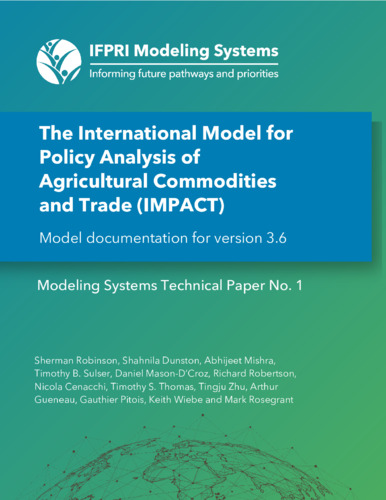
Report
The International Model for Policy Analysis of Agricultural Commodities and Trade (IMPACT): Model documentation for version 3.6
…more
Pitois, Gauthier; Wiebe, Keith D.; Rosegrant, Mark W.Blogs
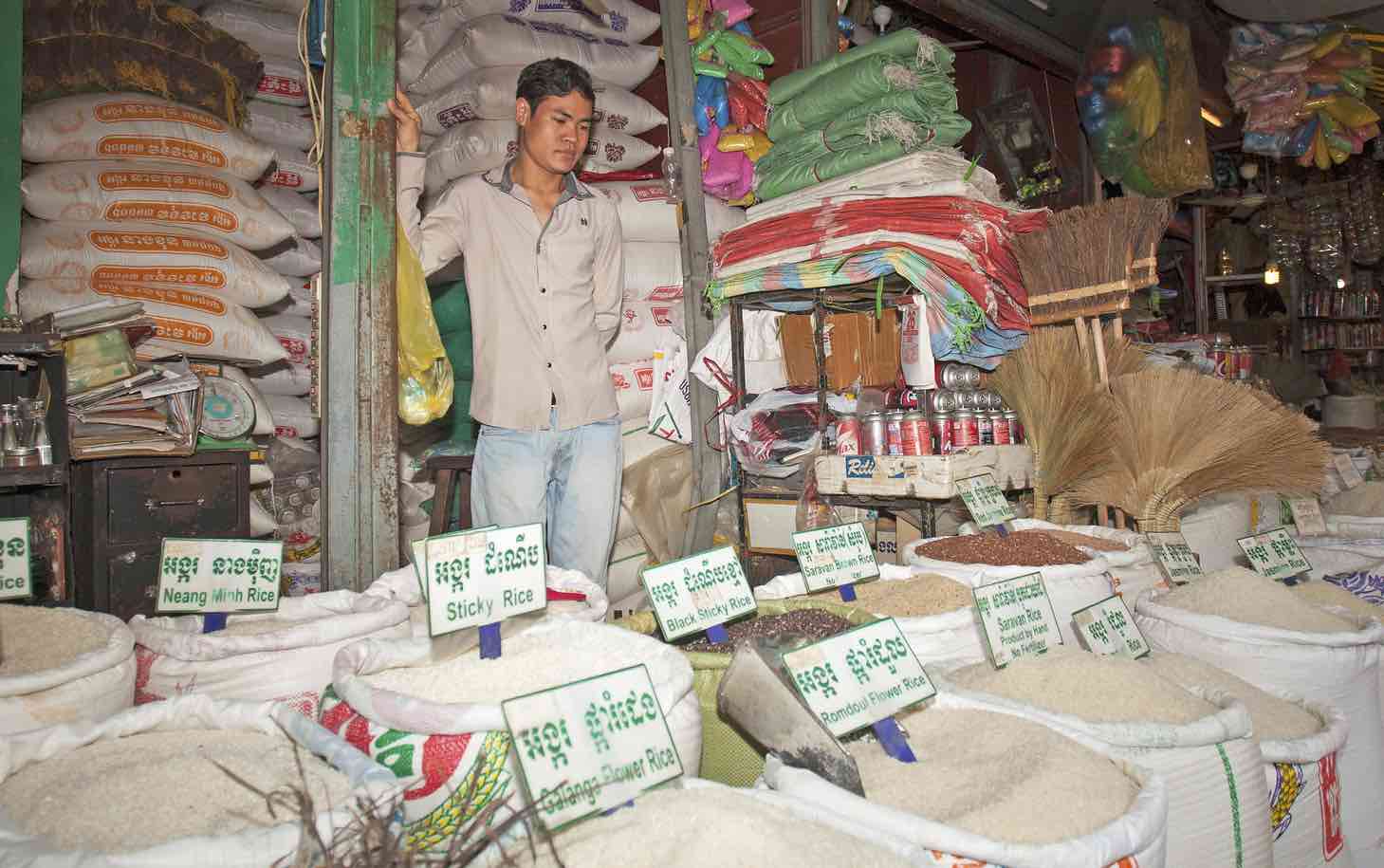
COVID-19-related trade restrictions on rice and wheat could drive up prices and increase hunger
Modeling suggests export bans intended to buttress domestic food supplies could have wide impacts.
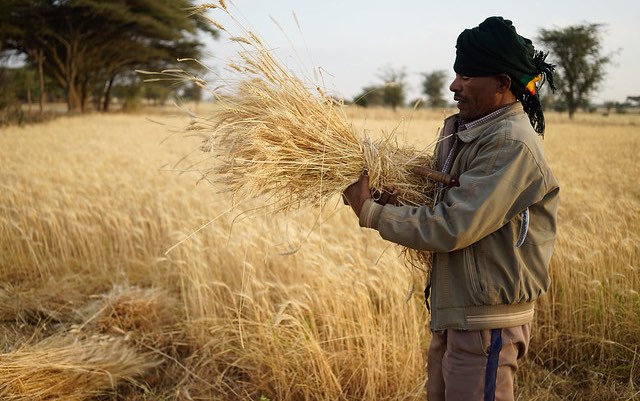
Effects of rising CO2 on protein, iron, and zinc availability in global diets
New research shows climate change will slow the growth in the global availability of key nutrients provided by important crops such as wheat, maize, and legumes.
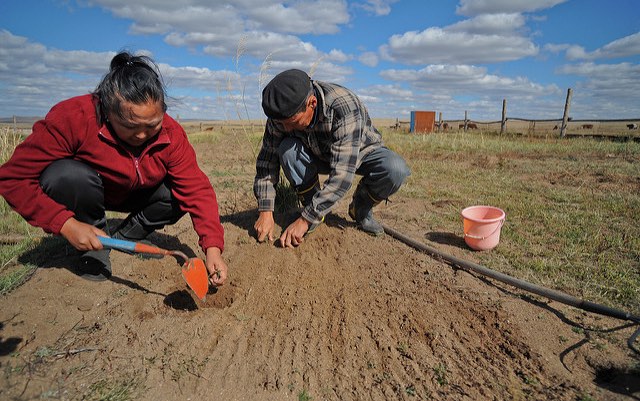
Ambitious steps to control climate change may pose food security risks in the near term
Essential climate mitigation efforts, such as carbon taxes, may create problems for the food system that should be addressed, a study shows.
Events
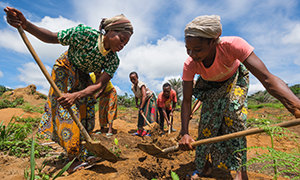
How does agricultural productivity growth affect agrifood system transformation goals? Exploring trade-offs using IMPACT
Agrifood systems are complex and changing, so it is critical to explore different potential futures to inform decisions today that can put the world on a better path for livelihoods, health, and the environment. In the coming decades, changes in population, income, and diets will put increasing pressure on agrifood systems to meet evolving food […]
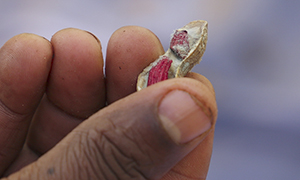
Aflatoxins: The Climate, Gender and Nutritional Linkages (under the GCAN Initiative)
Aflatoxin levels and impacts are expected to increase with higher temperatures and increased water stress, particularly in tropical and sub-tropical climates. Two key avenues to address this challenge include minimizing contamination in the growing cycle through the use of good agricultural practices and by mitigating toxin development in the postharvest supply chain; and reducing the […]
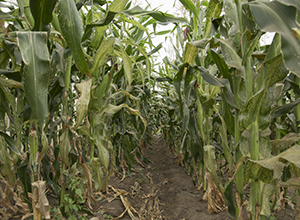
Crop Genetic Diversity Conversation, Exchange, and Use: A Convening on Measuring the Global Consequences of Inaction
DAY 1: AUGUST 26, 2019 Session 1: Welcome and Introductions The Genesis of a Convening on Measuring the Global Consequences of Inaction on Crop Genetic Diversity Why we Need to Understand the Costs of Inaction on the Conservation, Exchange, and Use of Plant Genetic Resources for Food and Agriculture Q&A Session 2: From Crop Genetic […]
News
Loss of pollinators causing more than 400,000 early deaths a year: study (CTV News)
Pollination loss may be leading to hundreds of thousands of excess deaths worldwide as supplies of healthy food become less plentiful writes CTV News in an article on the recent study by Harvard T.H. Chan School of Public Health, the International Food Policy Research Institute, and partners. This loss and the resulting health complications that […]
The link between bees and human mortality has been established, and it can be called an apocalypse (Wolnemedia)
Wolnemedia (Poland) published an article on the new Harvard University School of Health and partners’ new study on pollinators. Reducing the number of pollinators actually removes healthy food from the global diet and thus increases the number of chronic diseases that cause increased mortality. The analysis also showed that low-income countries lost significant amounts from […]
Loss of bees could harm health of millions of people (U.S. News & World Report)
U.S. News & World Report features the new study analyzing consequences on pollination loss on human health by Harvard University, IFPRI, and other institutions. Bees, in their role as master pollinators, increase crop yields, leading to more production of healthy fruits, vegetables, and nuts. But new research claims that the challenges these important insects face from […]




